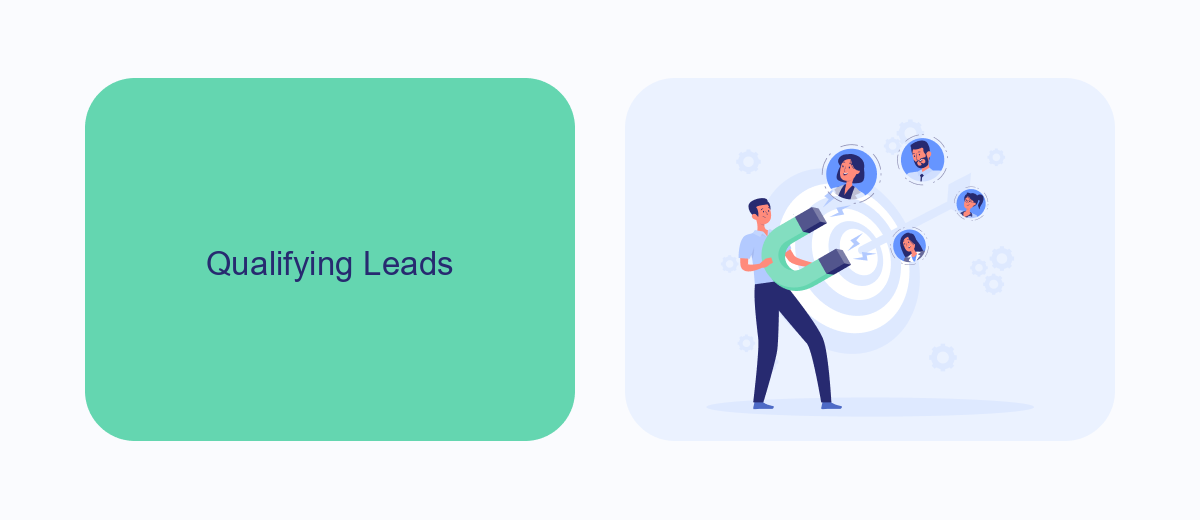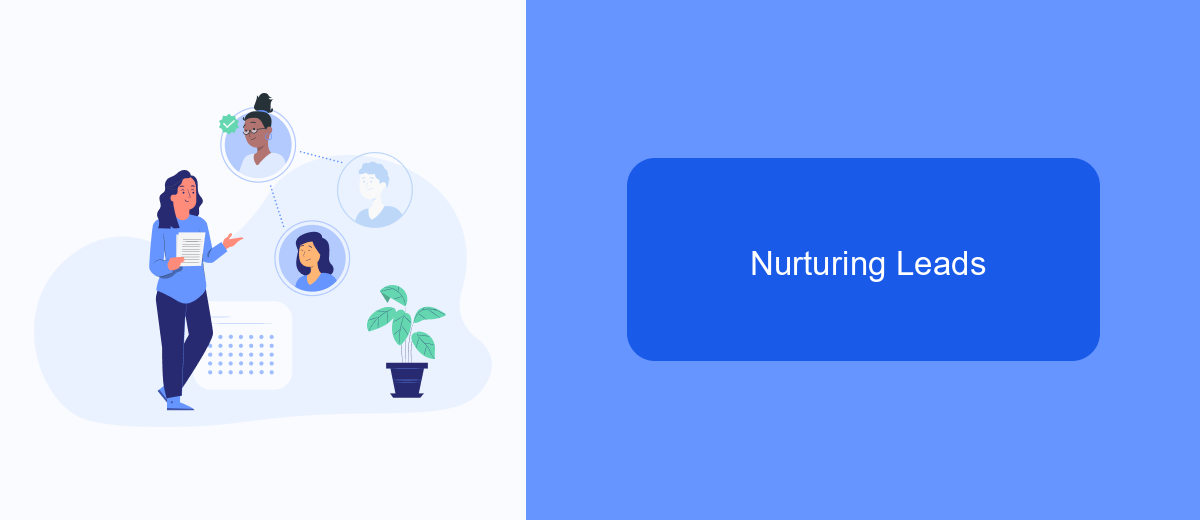In today's competitive business landscape, effective lead generation is crucial for driving growth and ensuring long-term success. Lead generation roles are specialized positions dedicated to identifying, attracting, and nurturing potential customers. These roles are essential for creating a steady pipeline of qualified leads, enabling sales teams to focus on closing deals and fostering relationships with high-value clients.
Lead Generation Definition
Lead generation is the process of identifying and cultivating potential customers for a business's products or services. It involves various strategies and tactics aimed at attracting and converting prospects into leads, who have shown interest in what the business offers.
- Identifying target audiences
- Creating engaging content
- Utilizing social media platforms
- Implementing email marketing campaigns
- Leveraging SEO techniques
- Setting up automated workflows
Effective lead generation often requires the integration of various tools and services to streamline the process. For instance, SaveMyLeads can automate data transfer between different platforms, ensuring that leads are captured and managed efficiently. By utilizing such integrations, businesses can enhance their lead generation efforts, save time, and focus on nurturing relationships with potential customers.
Qualifying Leads

Qualifying leads is a crucial step in the lead generation process, as it helps identify potential customers who are most likely to convert. This involves evaluating leads based on specific criteria such as their interest level, budget, and decision-making authority. By focusing on qualified leads, businesses can allocate their resources more efficiently and increase their chances of closing deals. Tools and techniques such as lead scoring, customer relationship management (CRM) systems, and personalized outreach play a significant role in this phase.
Integrating various data sources and automating workflows can further streamline the lead qualification process. Services like SaveMyLeads offer powerful integration capabilities, enabling businesses to connect different platforms and synchronize lead data seamlessly. This ensures that all relevant information is available in one place, making it easier to assess and prioritize leads. By leveraging such tools, companies can enhance their lead qualification strategies, reduce manual effort, and ultimately boost their sales performance.
Maintaining Relationships

Maintaining relationships with leads is a crucial aspect of lead generation that ensures long-term success. Effective relationship management involves consistent communication, personalized engagement, and trust-building activities. By nurturing leads, businesses can convert prospects into loyal customers and advocates.
- Regular follow-ups: Schedule consistent check-ins to keep leads engaged and informed about your offerings.
- Personalized communication: Tailor your messages to address the specific needs and interests of each lead.
- Utilize automation tools: Platforms like SaveMyLeads can streamline the process by integrating your CRM with various communication channels, ensuring timely and relevant interactions.
- Provide value: Share useful content, industry insights, and solutions that can help leads overcome their challenges.
- Gather feedback: Regularly seek input from leads to understand their evolving needs and adjust your strategies accordingly.
By implementing these strategies, businesses can foster strong relationships with their leads, ultimately driving higher conversion rates and customer satisfaction. Utilizing tools like SaveMyLeads can significantly enhance the efficiency and effectiveness of your relationship management efforts, allowing you to focus on delivering exceptional value to your prospects.
Nurturing Leads

Nurturing leads is a critical component of the lead generation process, ensuring that potential customers are guided through the sales funnel effectively. This involves consistent and personalized communication, aimed at building trust and addressing the specific needs of each lead. Utilizing various channels such as email marketing, social media, and direct outreach can significantly enhance the nurturing process.
Effective lead nurturing requires a strategic approach, leveraging automation tools and CRM systems to streamline communications and track interactions. By segmenting leads based on their behavior and interests, businesses can deliver targeted content that resonates with each group. This personalized approach not only keeps leads engaged but also increases the likelihood of conversion.
- Segment your leads to tailor your messaging.
- Use email marketing to provide valuable content.
- Leverage social media to maintain engagement.
- Implement CRM systems for tracking and automation.
- Utilize tools like SaveMyLeads for seamless integration and data management.
By adopting a comprehensive lead nurturing strategy, businesses can foster stronger relationships with potential customers and drive higher conversion rates. Services like SaveMyLeads can play a crucial role in simplifying the integration of various tools, ensuring that all lead data is efficiently managed and utilized for optimal results.
Lead Generation Tools
Lead generation tools are essential for businesses looking to identify and capture potential customers efficiently. These tools range from customer relationship management (CRM) systems like HubSpot and Salesforce to email marketing platforms such as Mailchimp and ActiveCampaign. Each tool offers unique features that help streamline the lead generation process, from automating email campaigns to tracking customer interactions and behaviors. Utilizing these tools can significantly enhance your ability to target the right audience and nurture leads through the sales funnel.
Integrating various lead generation tools can further optimize your marketing efforts. Services like SaveMyLeads simplify the process of connecting different platforms, ensuring seamless data transfer and synchronization. For example, SaveMyLeads can automatically transfer leads from Facebook Ads to your CRM system, eliminating manual data entry and reducing the risk of errors. By leveraging such integration services, businesses can save time, improve data accuracy, and ultimately increase their lead conversion rates.
FAQ
What is Lead Generation?
Why is Lead Generation important for businesses?
What are some common roles involved in Lead Generation?
How can automation improve the Lead Generation process?
What metrics should be tracked in Lead Generation?
What do you do with the data you get from Facebook lead forms? Do you send them to the manager, add them to mailing services, transfer them to the CRM system, use them to implement feedback? Automate all of these processes with the SaveMyLeads online connector. Create integrations so that new Facebook leads are automatically transferred to instant messengers, mailing services, task managers and other tools. Save yourself and your company's employees from routine work.
